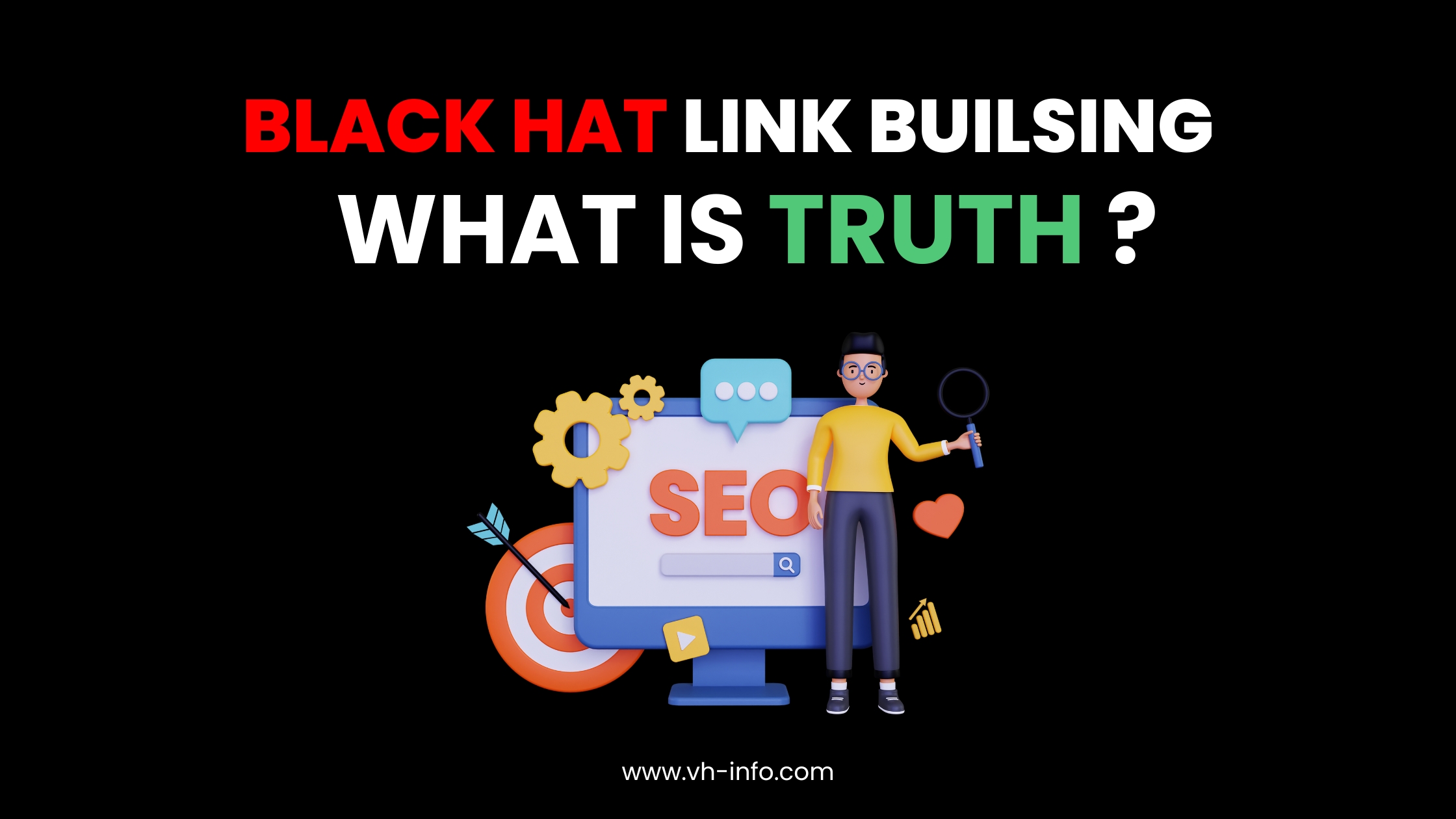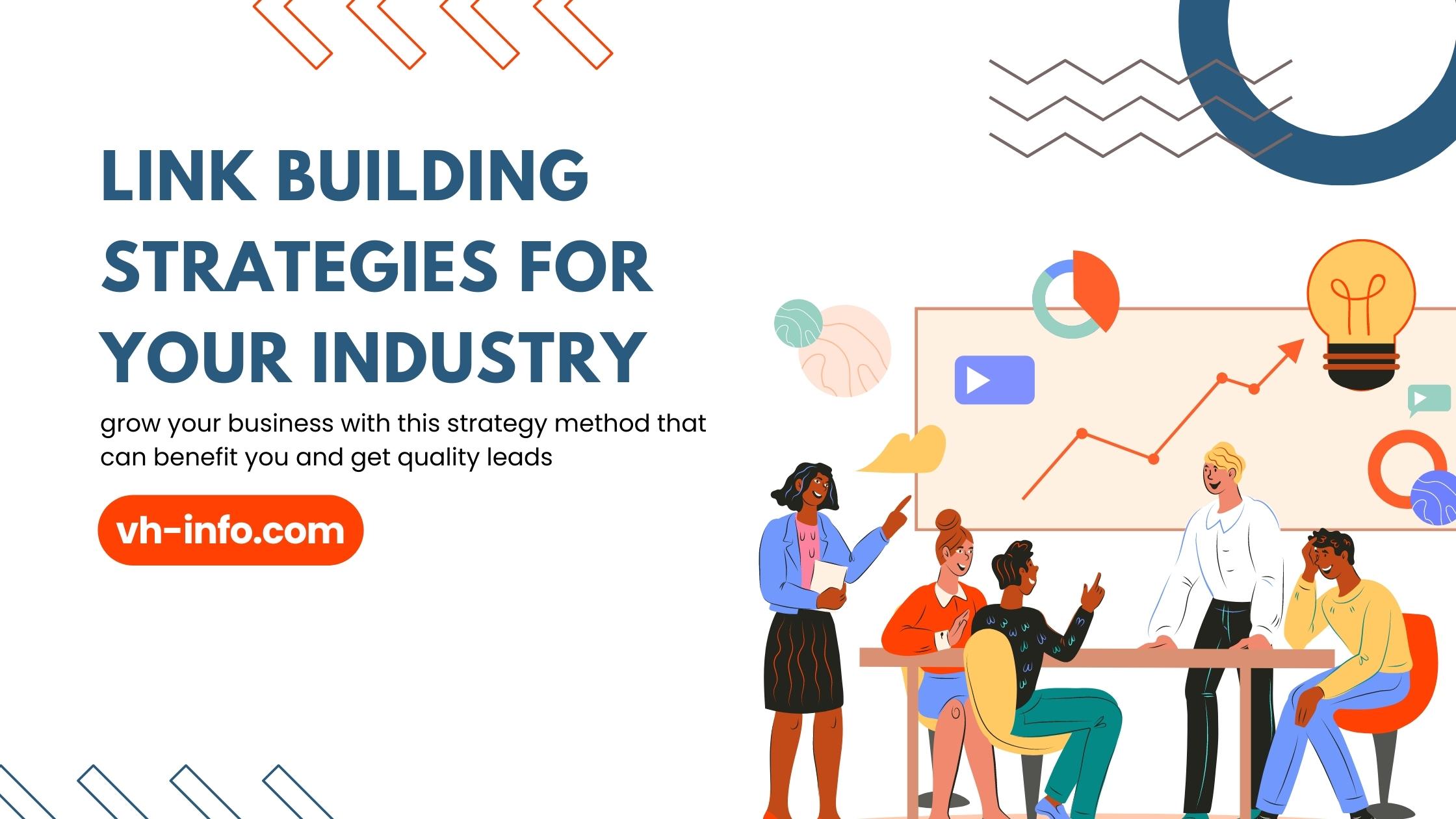
The Truth About Blackhat Link Building and Its Impact on SEO
Introduction to Blackhat Link Building: Definition and Examples Building links is a crucial part of search engine optimization (SEO), as

The Truth About Blackhat Link Building and Its Impact on SEO
Introduction to Blackhat Link Building: Definition and Examples Building links is a crucial part of search engine optimization (SEO), as

Top 8 Link Building Strategies (With Examples)
Link building is still an important part of enhancing website rankings and organic visibility in the competitive world of search
WHAT WE
3rd floor, VHinfo, QRXG+CG9 Capital Market, Canal Rd, chokdi, Ravapar, Morbi, Gujarat 363641
VH-info © 2025 | All Rights Reserved